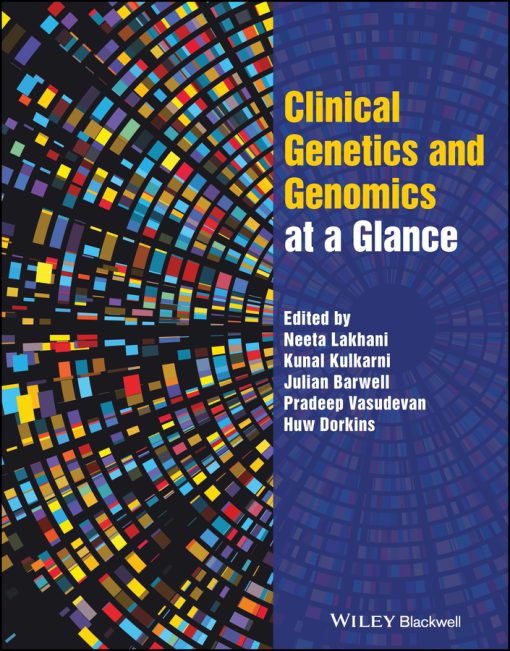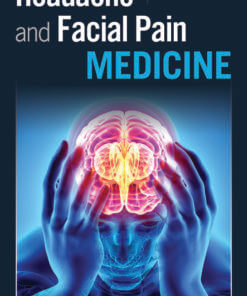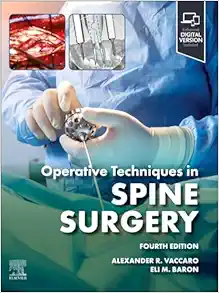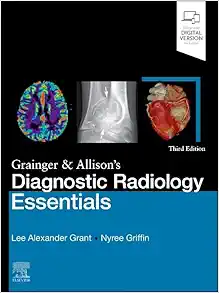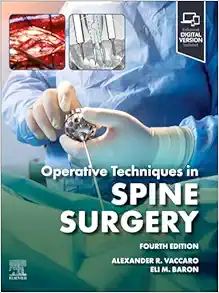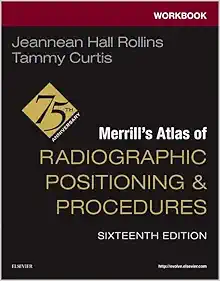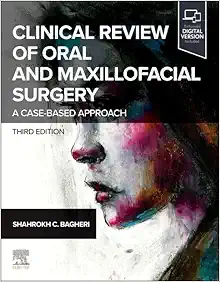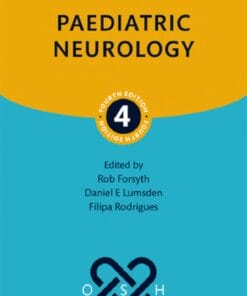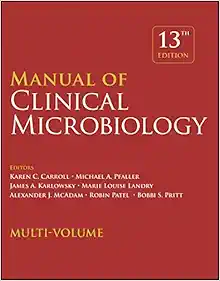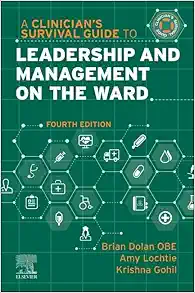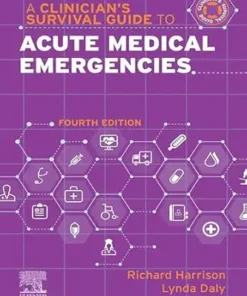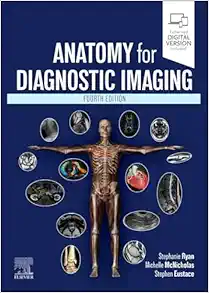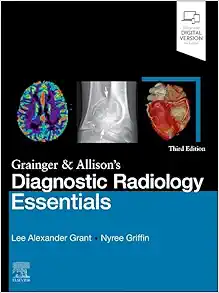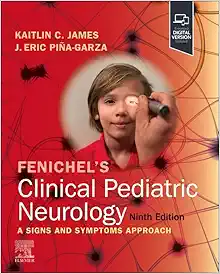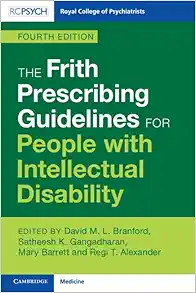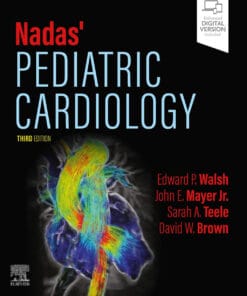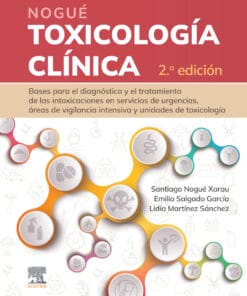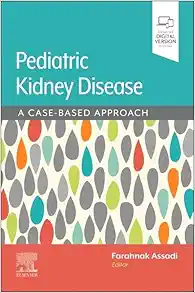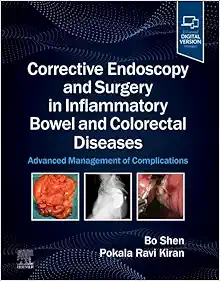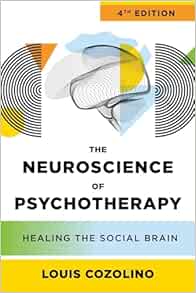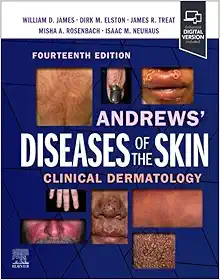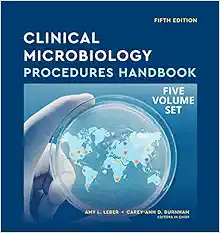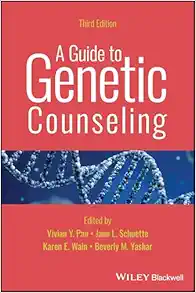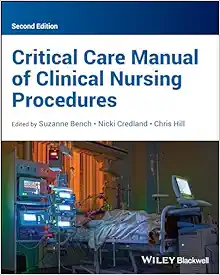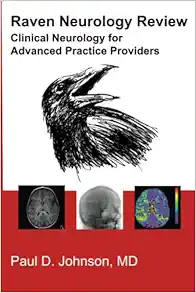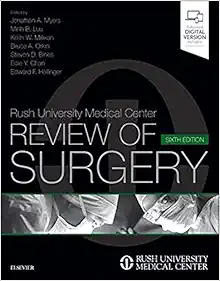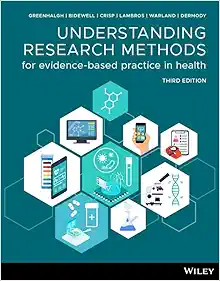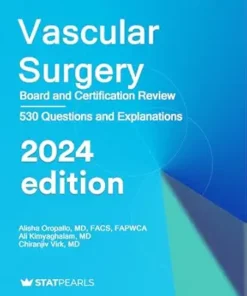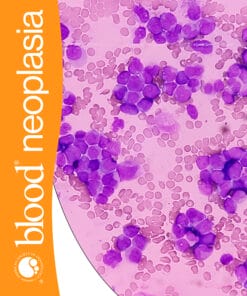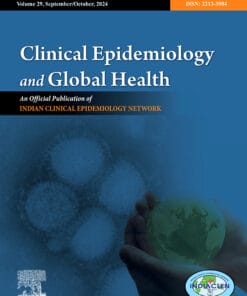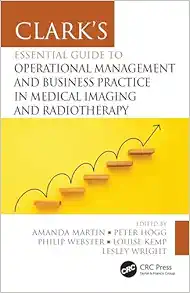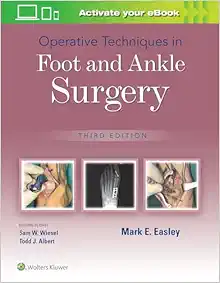Clinical Genetics and Genomics at a Glance (PDF)
15 $
Format : Publisher PDF
File Size : 68.7 MB
“Clinical Genetics and Genomics at a Glance” is a concise and accessible book that provides an overview of genetics and genomics in clinical practice. It follows a systems-based approach and covers topics such as inheritance, molecular genetics, and genetic counseling. The book is suitable for medical students, healthcare professionals, and specialists. It is highly recommended for learning and quick reference. The book is published by Wiley and is available in English. The ISBN numbers are 9781119240952 and 9781119241034.
Clinical Genetics and Genomics at a Glance (PDF Book)
Introduction to Clinical Genetics and Genomics
Clinical Genetics and Genomics is an important field in modern medicine that has revolutionized the way we understand and treat genetic disorders. This field involves the study of genes and their impact on health and disease, as well as the application of this knowledge in clinical practice. Clinical Genetics and Genomics at a Glance is a comprehensive and accessible overview of genetics in clinical practice, using the popular “at a Glance” format . This book provides a solid understanding of the practical applications of clinical genetics and genomics in modern medicine, making it an ideal introductory text for teaching, learning, and revision .
The historical background of Clinical Genetics and Genomics is fascinating, with significant advancements made in recent decades. With the discovery of the structure of DNA by Watson and Crick in 1953, the field of genetics began to rapidly expand, leading to the identification of numerous genes linked to various diseases. This has led to the development of genetic testing, gene therapy, and personalized medicine, which have revolutionized the way we diagnose and treat genetic disorders .
The importance of Clinical Genetics and Genomics in modern medicine cannot be overstated. With the increasing prevalence of genetic disorders, it is essential for physicians to have a basic understanding of human genetics . This knowledge allows for early diagnosis, personalized treatment plans, and improved patient outcomes. Additionally, the field of Clinical Genetics and Genomics is constantly evolving, with new discoveries and advancements being made every day. As a result, continued education and training in this field is crucial for healthcare professionals .
Basic Principles of Genetics and Genomics
Clinical Genetics and Genomics at a Glance is an introductory text that covers the basic principles of genetics and genomics. The book follows a systemic approach, covering topics such as DNA structure and function, gene expression and regulation, and chromosome structure and inheritance. Using the popular at a Glance format, this book enables readers to gain a solid understanding of the practical applications of clinical genetics in both clinical and non-clinical roles . The at a Glance series is ideal for teaching, learning, and revision, making it useful throughout one’s academic and professional career .
DNA is the fundamental building block of life, and its structure and function are critical to understanding genetics and genomics. Medical Genetics at a Glance emphasizes the importance of identifying genes that, when altered, lead to human disease . Understanding gene expression and regulation is also essential in the study of genetics and genomics. Approaches to determining a gene’s function can begin with either a DNA sequence or an organism with an altered phenotype . These foundational principles are critical to the study of clinical genetics and genomics.
Chromosome structure and inheritance are also vital components of clinical genetics and genomics. Diseases caused by mutated genes located on the X chromosome can be inherited in either a dominant or recessive manner, with males being more susceptible to X-linked diseases due to having only one X chromosome . The glossary in Clinical Genetics and Genomics at a Glance features nearly 250 terms explained in an easy-to-understand way by leading scientists and professionals . By understanding the basic principles of genetics and genomics, individuals can gain a deeper understanding of the role these fields play in medicine and human health.
Genetic Testing and Counseling
Genetic testing and counseling are important aspects of clinical genetics and genomics. There are various types of genetic testing, including diagnostic testing, predictive testing, carrier testing, and prenatal testing . Indications for genetic testing may include a personal or family history of a genetic condition, certain physical characteristics or symptoms, or a positive result from a carrier screening test . Genetic testing can provide individuals and their families with valuable information about their health risks, potential treatment options, and reproductive choices.
The genetic counseling process is an essential component of genetic testing. Genetic counselors are trained professionals who can help individuals and families understand the benefits and limitations of genetic testing, interpret test results, and make informed decisions about their healthcare . Genetic counseling typically involves a discussion of medical and family history, an explanation of the testing process and potential outcomes, and a review of the implications of test results for the individual and their family members . Genetic counselors can also provide emotional support and connect individuals and families with resources and support groups.
It is important to note that genetic testing and counseling should be conducted in a responsible and ethical manner. Professional practice guidelines, such as those established by the American College of Medical Genetics and Genomics, provide recommendations for the appropriate use of genetic testing and counseling . Additionally, considerations of access, ethics, genetics education, and social implications of clinical genome sequencing should be taken into account . By following these guidelines and considerations, genetic testing and counseling can be used to improve patient outcomes and advance the field of clinical genetics and genomics.
Applications of Clinical Genetics and Genomics
Clinical genetics and genomics have numerous applications in the field of medicine. One of the primary uses of clinical genetics and genomics is the diagnosis of genetic disorders. With advancements in technology, genetic testing has become more accessible and cost-effective, allowing for earlier and more accurate diagnosis of genetic conditions . Professional practice guidelines, such as those developed by the American College of Medical Genetics and Genomics , provide physicians with a framework for the diagnosis and management of genetic disorders . Thus, clinical genetics and genomics play a crucial role in identifying and managing genetic diseases, which can lead to improved patient outcomes .
Another significant application of clinical genetics and genomics is personalized medicine. By analyzing an individual’s genetic makeup, clinicians can tailor treatment plans to the patient’s unique genetic profile, leading to more effective and targeted therapies. For example, certain genetic mutations can affect an individual’s response to medication, and personalized medicine can help identify the most appropriate medication and dosage for a patient . This approach has the potential to revolutionize healthcare by improving treatment outcomes and reducing adverse effects .
Gene therapy is another area where clinical genetics and genomics are making significant advancements. Gene therapy involves introducing or modifying genes in an individual’s cells to treat or prevent disease. This approach has shown promising results in treating genetic disorders such as cystic fibrosis and hemophilia . As the field of genomics continues to advance, gene therapy has the potential to become a more widely available treatment option for a variety of diseases .
Ethical, Legal, and Social Implications of Clinical Genetics and Genomics
As clinical genetics and genomics continue to advance, it is important to consider the ethical, legal, and social implications of these developments. One of the major concerns is privacy and confidentiality issues related to genetic information. Guidance on the use of genetic and genomic information in the clinic has been developed to address these concerns . However, questions still arise regarding whether clinicians regard genetic information as confidential to individuals or families and how they manage this information . Protecting privacy, confidentiality, and personal autonomy are crucial aspects of ethical issues in genetics . Thus, it is important for healthcare professionals to understand and address these concerns when working with patients .
Another significant concern is genetic discrimination. The Genetic Information Nondiscrimination Act prohibits genetic discrimination in most health insurance and employment decisions . However, potential discrimination is still a concern, particularly in the context of genetic testing and counseling . Moreover, a recent study found that a majority of participants disagreed with legal protections against racial discrimination in the context of genomics . Therefore, it is important to continue to address and monitor potential discrimination related to genetic information.
Societal impact and policy considerations are also important when discussing clinical genetics and genomics. The use of genomic technology in various settings, including medicine and population health screening, has grown exponentially in recent years . Therefore, it is crucial to consider the broader implications of these developments, including the potential impact on individuals, families, and society as a whole. Developing policies and guidelines that balance the benefits and risks of clinical genetics and genomics is essential for ensuring that these technologies are used in an ethical and responsible manner .
Product Details
- Publisher: Wiley; August 25, 2023
- Language: English
- ISBN: 9781119240952
- ISBN: 9781119241034
Related Products
Medical Book
Medical Book
Medical Book




